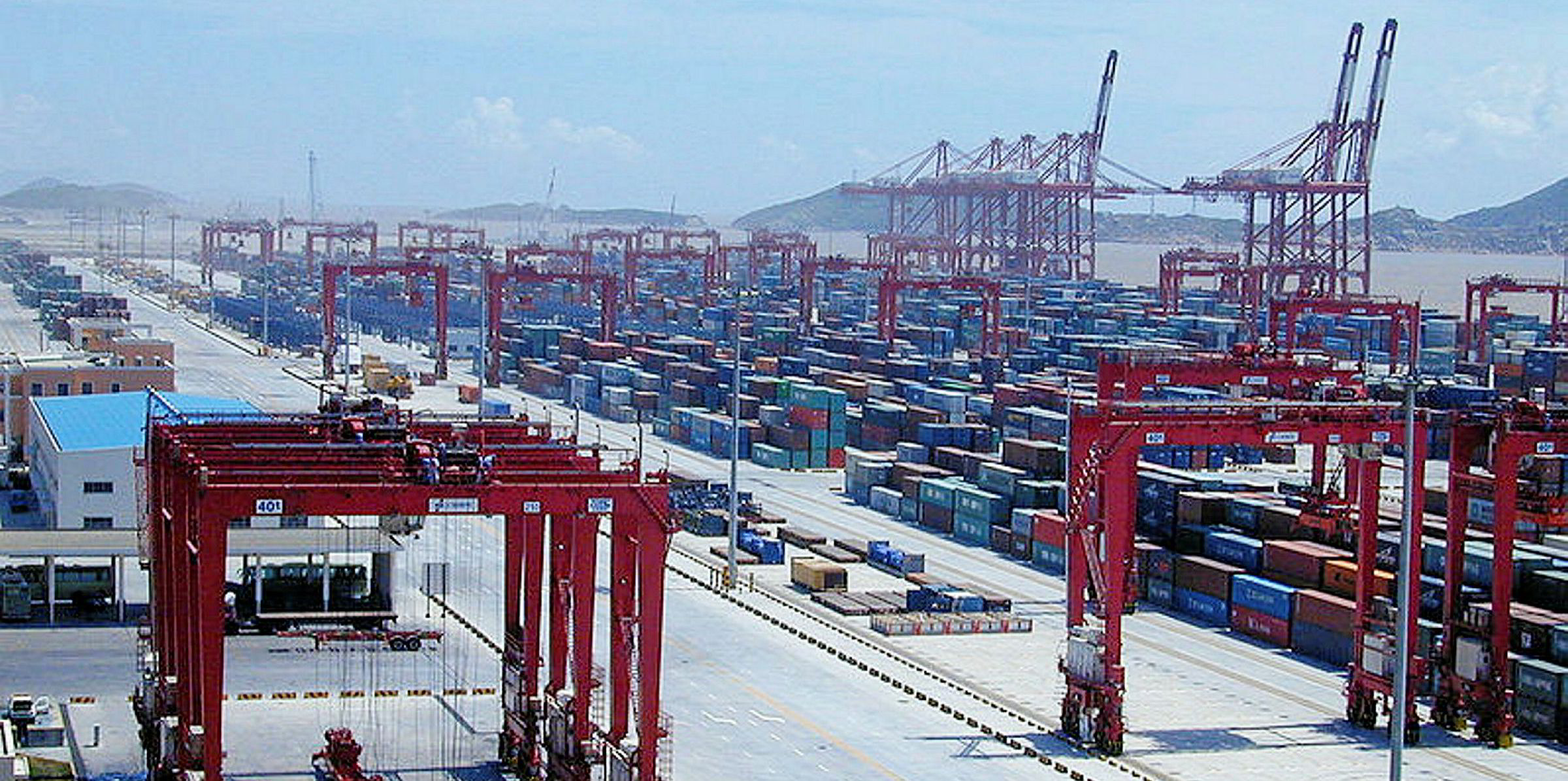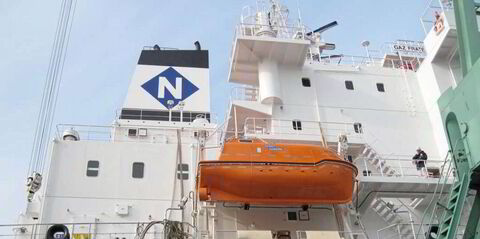A survey by the World Ports Sustainability Program (WPSP) has documented the effects of the Covid-19 outbreak globally, with ship calls down but staffing levels holding up.
In its weekly economic report, WPSP collated responses from 67 ports from all over the globe.
Overall cargo volumes were steady last week with some dips, and there were significantly reduced passenger and cruise vessel calls, it said.
Docker availability has been impacted but is not hampering operations, while the majority of non-essential terminal personnel are working from home.
Over 40% of the ports experienced moderate (5% to 25%) falls in visits by boxships and other cargo vessels, while in some cases there were decreases of more than 25%.
Two thirds of the respondents indicated that passenger vessel calls were down by more than 50%, and even by more than 90% for some terminals.
Tsunami of blank sailings
The survey has been compiled by Professor Theo Notteboom of Shanghai Maritime University, Ghent University and University of Antwerp, and Professor Thanos Pallis of the University of the Aegean and Universidad de Los Andes.
Notteboom said: "Given the tsunami of announced blank sailings in recent weeks, many ports are yet to experience the full impact of the current crisis on container volumes."
The report said 35% of the ports reported extra restrictions in the last week on all incoming passenger vessels, compared to 16% for all container vessels and 14% for all other cargo vessels.
The Covid-19 crisis has resulted in 36% of ports experiencing an increase in utilisation of warehousing and distribution facilities for foodstuffs and medical supplies, with some reporting capacity shortages.
Only one in 10 reported a minor under-utilisation.
About 22% said there had been delays of up to a day or heavy delays of more than a day in cross-border road transportation.
One terminal said cross-border trucking had been discontinued altogether.
Overall, 43% of respondents faced delays in cross-border activities.
Some ports reported that this situation is actually leading to a renewed interest in rail services, WPSP said.
WPSP is run by the International Association of Ports and Harbors (IAPH), a non-profit-making global alliance of 170 ports and 140 port-related organisations covering 90 countries.





